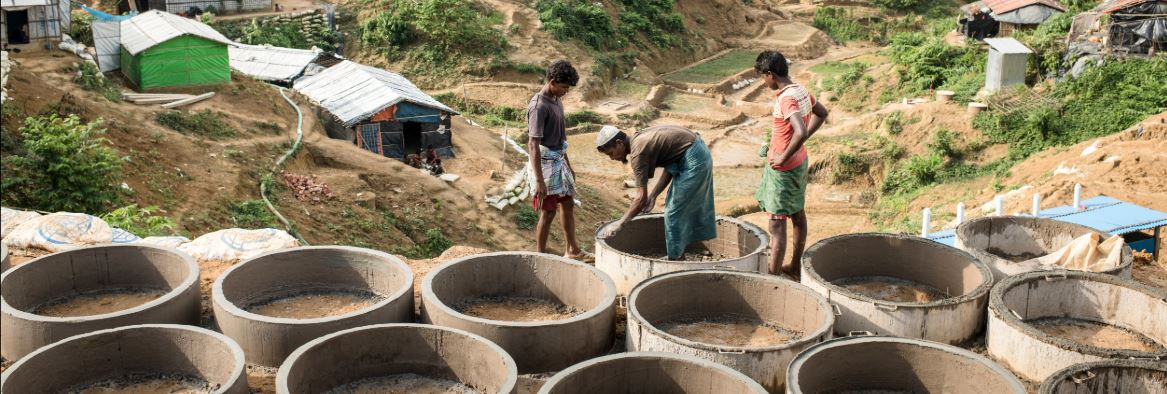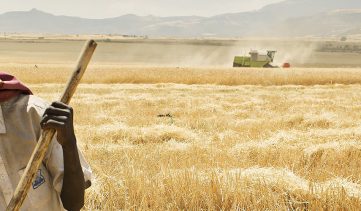
Strengthening food supply chains can play a central role in breaking the vicious cycle of conflict, undernourishment, and forced migration. An IFPRI issue post examines how integrating forcibly displaced and conflict-affected people into food systems can help them rebuild their lives, reduce one potential source of conflict, and benefit local economies. This blog post complements IFPRI’s 2020 Global Food Policy Report on inclusive food systems.
Additional highlights from this week’s Compact2025 News in Brief include:
- IFPRI launched a new webpage showcasing the breadth of analysis from IFPRI researchers on how COVID-19 is shaping food and nutrition security and development . The webpage features blog posts, events, contributions from IFPRI's country and regional offices, content in several languages, and more.
- The latest special issue of the IFPRI Insights newsletter highlights (1) a new COVID-19 Food Trade Policy Tracker, which monitors food trade restrictions by countries in the face of COVID-19 and (2) the Food Security Portal’s COVID-19 Food Price Monitor for South Asia and Africa south of the Sahara.
- On May 14, IFPRI, the Ethiopian Public Health Institute (EPHI) and Policy Studies Institute (PSI) will host a virtual event on COVID-19 and its impact on Ethiopia’s agri-food system, food security, and nutrition.


